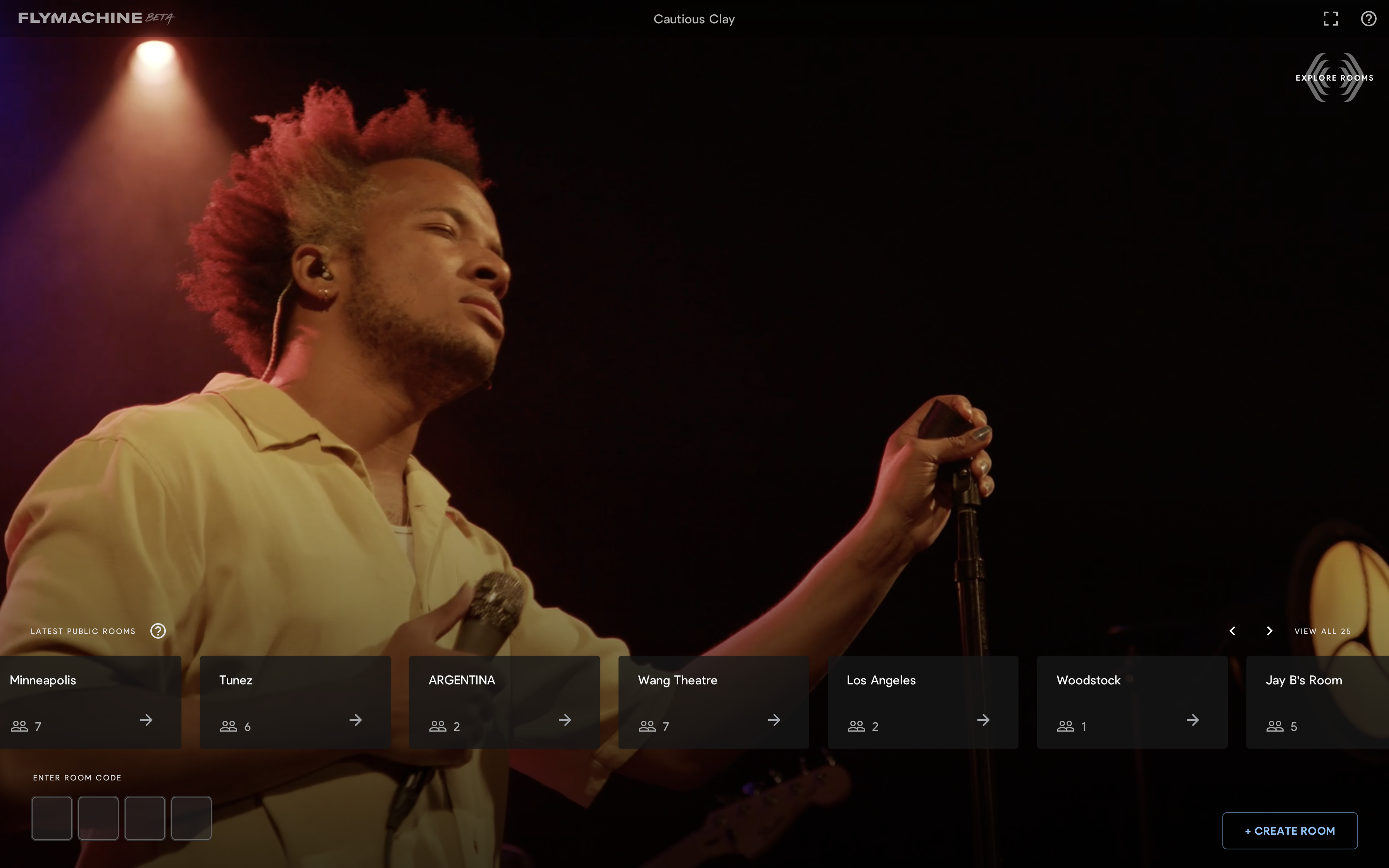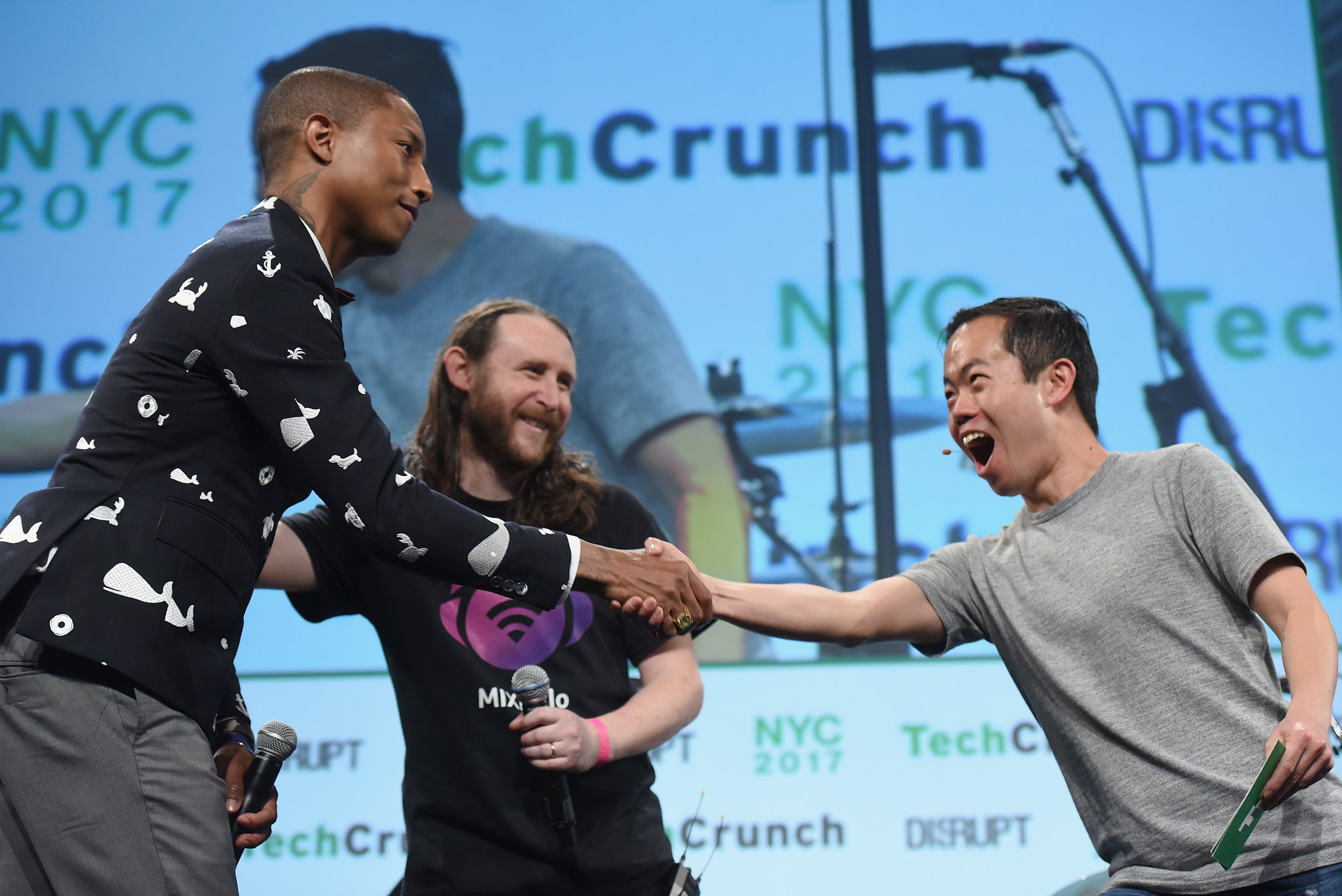
Image Credit: jane1000
So I think that we can all agree on one thing: the pandemic changed just about everything. In the world of music performances the change was sudden and dramatic: all concerts were cancelled. Clearly, for the product managers who promote musicians this was a major setback. However, product managers are never stopped for long and virtual concerts that were delivered online were then quickly created. Now that the pandemic has receded, product managers are finding themselves in an interesting situation that they are trying to determine how they will go about making the most of.
What is A “Superfan”?
Product managers for performance artists now know a lot more about their fans than they did before the Covid-19 lockdowns, and they want to use that information to get closer to them. During the pandemic, the music business had to quickly pivot to online. They were aided by an explosion of new websites that help artists perform, chat and interact with fans virtually. The result of all of this is that it generated a host of data about who was tuning in, and how they were spending both their time and dollars. This data that has historically been controlled and owned by content distributors, concert promoters and ticketing companies – not the product managers.
However, now that they are newly armed with these granular fan insights, artists’ product managers are beginning to tailor marketing messages, communicate with fans in more direct ways, and create new experiences for their die-hard followers. Previously an artist might have thought that a fan might come to their gig and buy some merch and leave and that would be the end of it. Through this gathering of data and building of networks, now these product managers can reach out to super fans and give them an opportunity or a perk that isn’t going to be available through other channels.
Before the pandemic, artist product managers were unlikely to have even basic information such as name, phone number, location about their fans. Live-streaming platforms now offer much more in-depth data, such as how long fans watch a virtual concert, if they engaged with chat or other features and, most importantly, how much money they spent. That has helped artist product managers to zero in on their superfans. These are the fans who come to every virtual show or spend on VIP experiences and merchandise.
The Power Of Superfans
Being able to identify the superfans is so important because so much of an artist’s time in marketing a new release or tour is spent shouting out into the void and hoping people are hearing. If a product manager can ID the people who are going to show up and engage with the artist, then they no longer have to waste resources or time. Product managers are beginning to rework how to market tours, merchandise and album releases. With their new data, they might target certain fans with a presale or offer VIP access. Alternatively they may choose tour dates based on where they have built up a fan base via livestreamed concerts.
Aside from interactive live streaming and virtual-reality performance sites such as Maestro, Mandolin and Wave, product managers are harnessing other upstarts that connect artists and fans in new ways, opening up fresh avenues for artists to generate and collect data. An example of this is the text-messaging platform Community which allows brands and celebrities to text with consumers and fans. Cameo is another app where users can buy customized video greetings from celebrities. Cameo has added the ability for fans to meet one-on-one with stars in live video calls. Collecting fan data through live streaming and other platforms has a different value than gaining followers on social media because of the level of control that product managers have.
What product managers realize is that if Facebook were to go away tomorrow, an artist’s audience would go away with it However, when you have a platform that enables you to get data from fans, you now own that audience. Product managers realize that audiences today are more fragmented. Finding the most engaged fans is something that is more important than ever, as artists are more likely to have smaller, more niche fanbases than in the days when radio DJs crowned hitmakers with broad appeal. The question for artists to answer now is “How do I deliver this to the fans who care about me the most and use that to grow my audience as opposed to getting the broadest distribution out of the gate?”
What All Of This Means For You
The arrival of the pandemic really turned the worlds of many performance artists upside down. Their product managers had to scramble to determine how best to keep their artists relevant when they could not tour or interact with their fans. The good news is that solutions such as streaming music were found and this has allowed fans to feel as though they can get even closer to their most favorite performers. How can the artist’s product managers use this new way of doing business going forward?
Product managers for performing artists now know a great deal more about the artist’s fans than they did before the pandemic. The pivot to online entertainment allowed these product managers to collect more detailed information on fans than ever before. Now that they have this data, product managers are able to more precisely target fans with marketing materials. Product managers had little fan information before the pandemic. However, now they have enough data to be able to zero in on the fans who are superfans. The identification of superfans allows product managers to tailor marketing material to these fans instead of having to target everyone. The ability to identify engaged fans is critical to artist’s product manager’s success.
The world has changed. The product managers who work for performing artists now have a great deal of data available to them regarding the artist’s fans. Using this data, tailored marketing campaigns that will be successful can be created. This is something that they never used to be able to do. Using their new connections to an artist’s superfans, product manager now have the ability to ensure that the next album or tour will be a success!
– Dr. Jim Anderson
Blue Elephant Consulting –
Your Source For Real World Product Management Skills
Question For You: Do you think that it might be possible to overuse superfan data?
P.S.: Free subscriptions to The Accidental Product Manager Newsletter are now available. It’s your product – it’s your career. Subscribe now: Click Here!
The product managers for heavy equipment, you know things like cranes, backhoes, rollers, etc., have a bit of a problem on their hands. When times are good and people are buying their product, then times are really good. When times are bad, and people stop buying their products, then times are really bad. These product managers are searching for ways to change their product development definition in order to create a smoother revenue stream that would carry them through the bad times as well as through the good times.
The post Product Managers Prepare To Tap Into The Superfans appeared first on The Accidental Product Manager.




